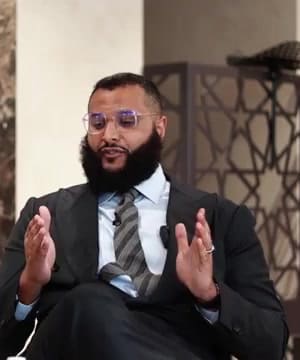How are Muslim-Christian relations?
Sources:
Muslim-Christian relations vary significantly depending on the location and context, but generally, there are both positive and challenging elements involved.
-
Historical Coexistence and Current Relationships: In some regions like Egypt, Muslims and Christians have coexisted for centuries. Despite occasional grievances, the situation is not as dire as it may seem from the outside. Many Muslim-majority countries do have significant Christian populations that live in relative harmony, as noted by 1.
-
Interfaith Relationships: Interfaith relationships can often bring to light differences that need to be negotiated within communities. The presence of diverse beliefs requires an understanding and acceptance of non-negotiable values. As highlighted by , maintaining a robust identity while coexisting peacefully is crucial 2.
-
Shared Historical Perceptions: Interfaith conversations often involve navigating historical perceptions of victimhood, which can complicate dialogues between different groups. For example, Jews and Muslims both enter interfaith dialogues with their histories of persecution, which can lead to complex interactions as noted by and 3.
In summary, while there are instances of tension and grievance, there are also aspects of coexistence and mutual respect in many regions. It's essential to focus on understanding and celebrating shared values while acknowledging and working through the differences.
RELATED QUESTIONS-
